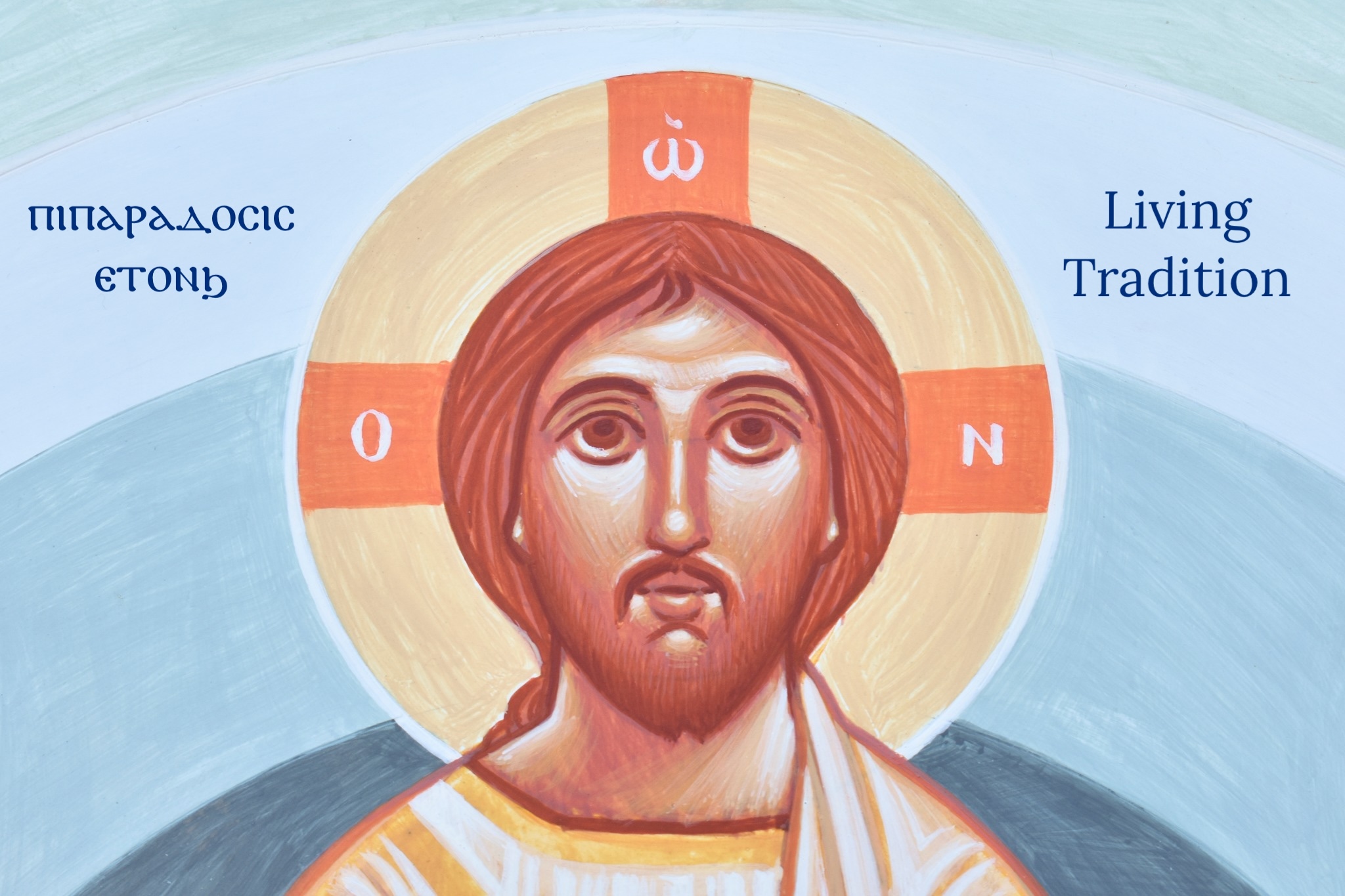One consistent lesson to be learned, especially now during this pandemic, is that man continues to search for love in his life. In any relationship, be it one of romance, or brotherhood, or friendship, the expression and perception love is imperative. Whether or not it is directly understood to be so, this deep need for love manifests itself in our insecurities as well as in our strengths. Studies in psychology concur that shame is directly related to a person’s feeling that they are unlovable, that they do not deserve to be loved. In times like these, when inter-personal connection is either limited, altered, or lost, the lack of ability to express love for each other has taken a tangible toll on society.
It only hit me a few days ago, as Fr. John Behr’s emphatic voice rang in my head to “READ THE TEXT!!!!”, that Coptic liturgy makes it extremely clear that God is Lover of Man (φιλανθρωπος or ⲡⲓⲙⲁⲓⲣⲱⲙⲓ). It occurred to me how often we chant, read or even hear these words and pay no attention to internalizing them. We have entire doxologies and hymns that speak of God as the merciful, compassionate, good, Lover of Man. We begin our daily psalmody in Ⲧⲱⲟⲩⲛⲟⲩ by giving glory to the lover of man (ⲇⲟⲝⲁ ⲥⲓ ⲱ ⲫⲓⲗⲁⲛⲑⲣⲱⲡⲉ or δοξα σοι ω φιλανθρωπε). Our thanksgiving is made on account of the beneficent and merciful God, (ⲡⲓⲣⲉϥⲉⲣⲡⲉⲑⲛⲁⲛⲉϥ ⲟⲩⲟϩ ⲛ̀ⲛⲁⲏⲧ ⲫⲛⲟⲩϯ) the Lover of Man whose goodness we ask of and entreat (ⲧⲉⲛϯϩⲟ ⲟⲩⲟϩ ⲧⲉⲛⲧⲱⲃϩ ⲛ̀ⲧⲉⲕⲙⲉⲧⲁⲅⲁⲑⲟⲥ ⲡⲓⲙⲁⲓⲣⲱⲙⲓ). These repetitions are not meant to be vain as some may think, but rather they are meant to instill this truth within our minds and souls so that God’s love becomes a reality that we live in and by.
In Christ, we are taught that God himself is love. Jesus, the Crucified one (1 Corinthians 2:2), the image of God (Colossians 1:15), in whom we are made (Genesis 1:26), the One Who-Is (Exodus 3:14), shows us that love is not an emotion but that his eternal mode of existence was, is, and shall be love as sacrifice, “For, in this manner, God loved the world that he gave his only son” (John 3:16 – Translation from the Coptic: ⲡⲁⲓⲣⲏϯ ⲅⲁⲣ ⲁⲫⲛⲟⲩϯ ⲙⲉⲛⲣⲉ ⲡⲓⲕⲟⲥⲙⲟⲥ ϩⲱⲥⲧⲉ ⲡⲉϥϣⲏⲣⲓ ⲙ̀ⲙⲁⲩⲁⲧϥ ⲛⲧⲉϥⲧⲏⲓϥ).
The Church continues to reiterate to us, in the most obvious way possible, that she (we) is (are) truly loved by her (our) groom, who does more than we ask or understand, who would and has already died for her (us). If only we read the text…

Leave a Reply
Your email is safe with us.